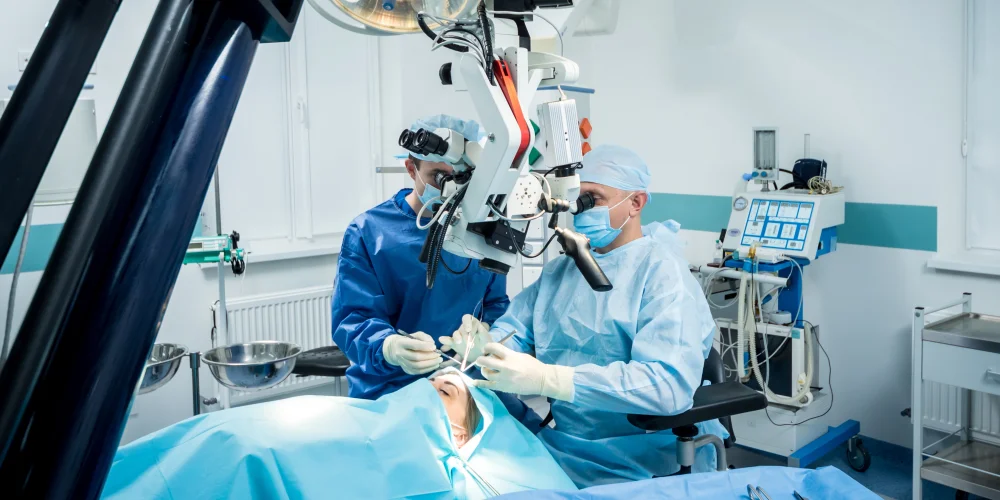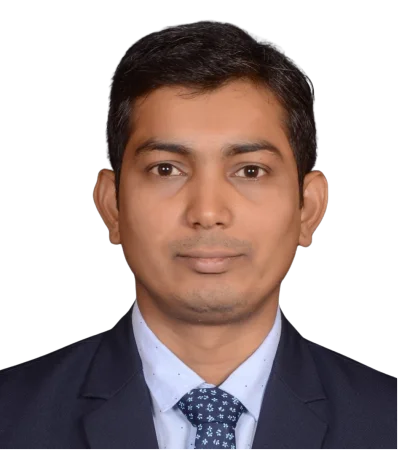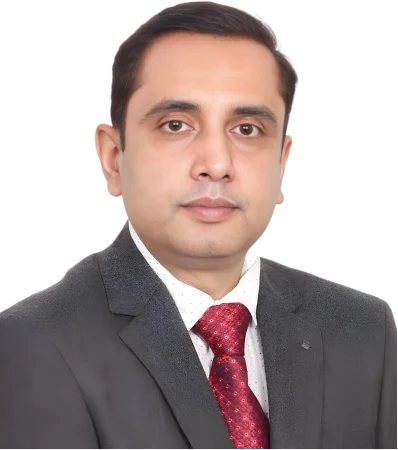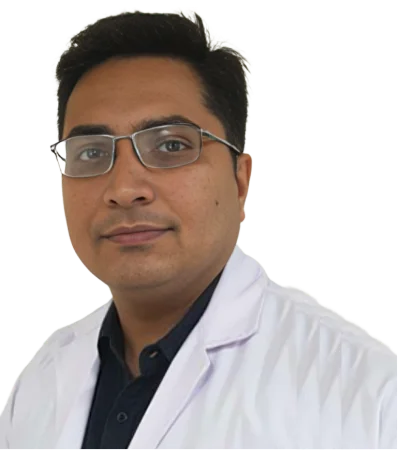Brain Tumor Removal Surgery
Transforming Lives Through Precision Surgery
Our brain tumor removal is specifically designed to offer the best level of care and experience. We recognize that the prospect of the diagnosis of a brain tumor is a daunting experience, which is why we combine the most advanced surgical techniques and friendly help. Our skilled team of medical professionals and best neurosurgeons in bhayandar is committed to providing individualized treatment plans that are centered around your health and wellbeing to ensure you receive the best medical treatment throughout the entire process.

What is a Brain Tumor?
Brain tumor removal are a abnormal accumulation of cells which develops in the spinal cord and brain. Tumors may be described in two categories: benign (non-cancerous) or malignant (cancerous) and their effect on brain function is contingent upon their size as well as their type and location. benign tumors typically tend to grow slowly and don’t infiltrate surrounding tissues, while malignant tumors can grow rapidly and impact various brain functions.
Who Performs Your Surgery?
Our brain tumor removal surgeries are conducted by a team of highly experienced neurosurgeons specializing in neuro-oncology. Our surgeons employ advanced techniques and state-of-the-art technology to achieve the best possible outcomes. The team is known for their exceptional skill, dedication, and commitment to patient care.
Types of Brain Tumors
- Primary Brain Tumors :- These tumors originate in the brain and include various types such as gliomas, meningiomas, and pituitary tumors. Primary brain tumors can vary in aggressiveness and impact on brain function.
- Secondary Brain Tumors :- Also known as metastatic tumors, these originate from cancer cells that spread to the brain from other parts of the body.
- Benign Tumors :- Non-cancerous growths, such as acoustic neuromas or meningiomas, which generally grow slowly and are less likely to spread.
- Malignant Tumors :- Cancerous tumors like glioblastomas that tend to grow rapidly and may invade surrounding brain tissues.
Symptoms of Brain Tumors
Brain tumors may present with a myriad of symptoms based on the location and size. Common signs include frequent headaches that become worse with time seizures, nausea, vomiting as well as changes in vision, changes in personality, speech, and numbness or weakness of the legs. If you are experiencing some of these signs it’s crucial to get a medical exam as soon as possible.
Diagnosis of Brain Tumor Surgery
Finding a brain tumor usually involves a number of steps. A thorough examination of the neurological system will determine brain function and the symptoms. Imaging tests, like MRI as well as CT scans, give precise images of the brain that aid in determining the size of the tumor and its location. A biopsy can be conducted to study the tumor’s tissue to determine its kind and features. Tests of blood can also be carried out to test for specific markers or the underlying diseases.
Treatment of Brain Tumor Surgery
The main therapy for tumors of the brain is removal surgery. The tumor is surgically removed to ease symptoms and avoid the growth of. Based on the type of tumor and location, further treatment options may be suggested. This could include radiation therapy that targets any tumor cells that remain and chemotherapy to treat malignant tumors and targeted therapies to target specific characteristics of the tumor.
Care and Recovery After Surgery
After undergoing surgery to brain tumor removal patients are usually within the ICU or in the recovery room to monitor. The recovery process involves speech therapy, physical therapy, and cognitive assistance to aid in regaining the ability to function. regular follow-up visits are crucial to track recovery and identify any recurrence or recurrence potential of the cancer. Our extensive support services offer psychological counseling to help with the emotional aspect of recovery.
Advantages of Choosing Our Surgery Services
Expert Team
Experienced neurosurgeons with a track record of successful surgeries.
Advanced Technology
State-of-the-art equipment and surgical techniques.
Personalized Care
Tailored treatment plans and compassionate support throughout your journey.
What Our Patients Say
Read about our patients positive experiences and how Chirayu Super Speciality Hospital has positively impacted their health and well-being.


The advanced technology and compassionate care during my brain tumor surgery were outstanding. I felt supported throughout my recovery.


My experience with Chirayu was excellent. The neurosurgeons were top-notch, and the care I received was beyond my expectations.


Professionalism and expertise were evident at every step of my surgery. The team’s dedication made a significant difference in my recovery.


The surgery team was exceptional. They made the entire process smooth and provided excellent post-op care.
Meet Our Medical Specialists
Our leading neurosurgeons are dedicated to providing exceptional care and advanced treatments for brain tumor removal.
Frequently Asked Questions
Here, we provide answers to some of the most commonly asked questions to help you better understand about our surgery services. If you have any additional questions, please do not hesitate to contact us.
Brain tumor removal surgery involves excising a tumor from the brain to alleviate symptoms and prevent further complications.
Risks include infection, bleeding, neurological deficits, and complications related to anesthesia. Your surgeon will discuss these in detail.
You will be under general anesthesia. The surgeon will make an incision in the skull to remove the tumor, followed by closing and recovery.
Recovery time varies but typically involves several weeks of rest and rehabilitation. Full recovery can take several months, depending on the surgery’s complexity.
Diagnosis is typically made using imaging techniques like MRI or CT scans, and may include a biopsy for definitive characterization.



